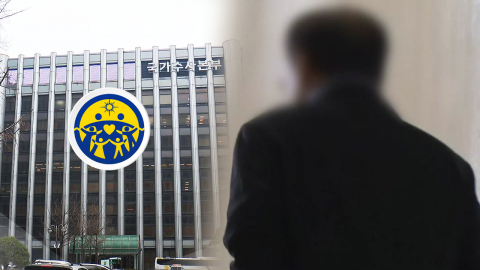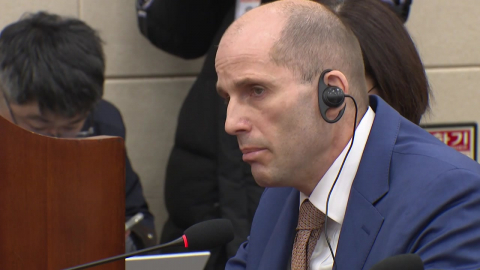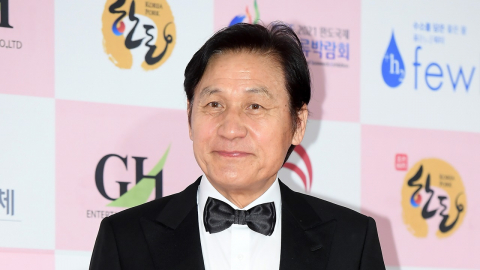-
잠시 뒤 ’제야의 종’ 타종 행사…한파에도 인산인해재생
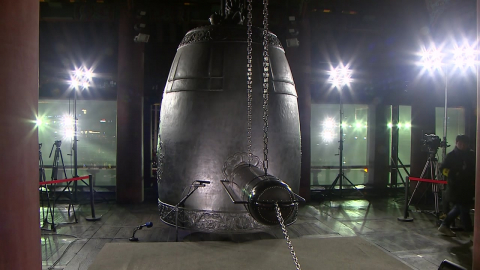
- 한파에도 새해맞이 한창…DDP 가득 채운 시민들
- 다사다난했던 2025년 안녕…"새해에는 좋은 일만 있길"
- 첫 일출, 체감 -20℃ 한파 속 떠오른다…서해안엔 눈
-
단독 서울청, 김병기·강선우 사건 직접 수사…강제수사 초읽기재생
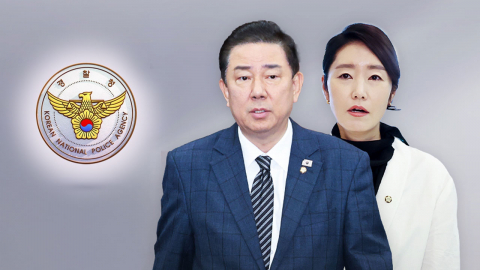
- "살려달라" 강선우 ’1억 의혹’ 수사는?…공천 약속 없었다지만
- 공천 헌금 1억원에 ’휘청’…"공천장은 현금 영수증"
- 한동훈 "동명이인 글로 조작, 법적 조치"…내홍 폭발
실시간 이슈
에디터 추천뉴스
-
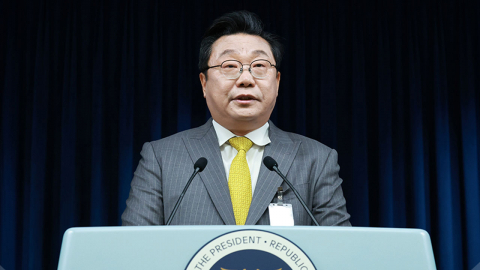 이 대통령, 주형환 저출산고령사회위 부위원장 면직안 재가
이 대통령, 주형환 저출산고령사회위 부위원장 면직안 재가 -
재생
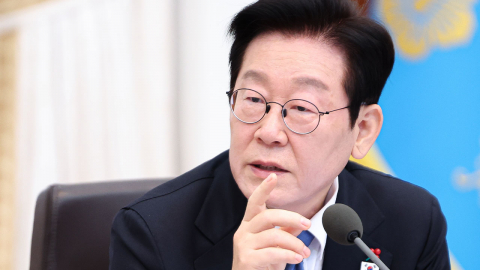 "박정희 정책도, DJ 정책도 필요"…’파격 인사’ 이어질 듯
"박정희 정책도, DJ 정책도 필요"…’파격 인사’ 이어질 듯 -
재생
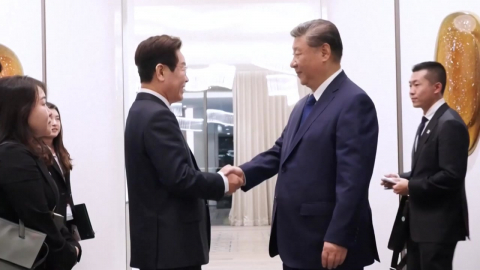 "새해 첫 업무일 이 대통령 방중"…답방 빨랐던 이유는?
"새해 첫 업무일 이 대통령 방중"…답방 빨랐던 이유는? -
재생
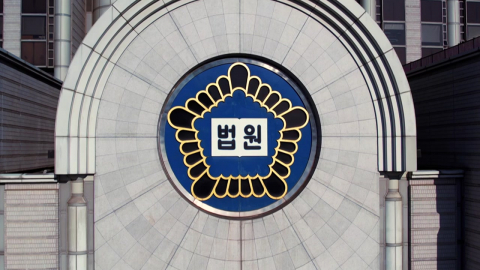 1월부터 3특검 선고 줄줄이…휴정기에도 재판 계속
1월부터 3특검 선고 줄줄이…휴정기에도 재판 계속 -
재생
 고환율 영향 덮친 소비자물가…넉 달째 2%대 상승
고환율 영향 덮친 소비자물가…넉 달째 2%대 상승 -
재생
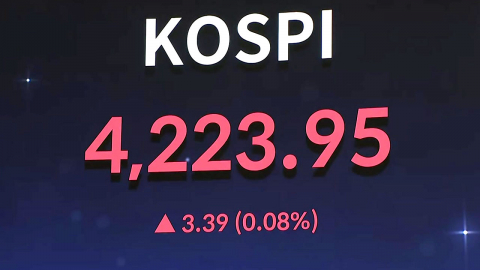 75% 뛰며 4천피 돌파…환율 평균 '역대 최고'
75% 뛰며 4천피 돌파…환율 평균 '역대 최고' -
재생
 연인 살해 후 도로에 유기 혐의…20대 남성 구속
연인 살해 후 도로에 유기 혐의…20대 남성 구속 -
재생
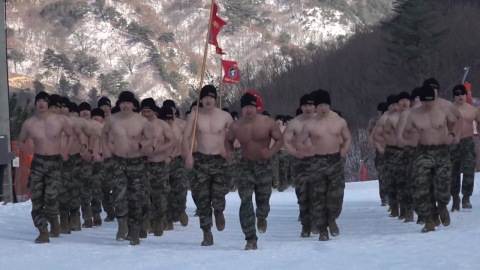 해병대, 작전통제권 돌려받는다…"전력증강도 박차"
해병대, 작전통제권 돌려받는다…"전력증강도 박차" -
재생
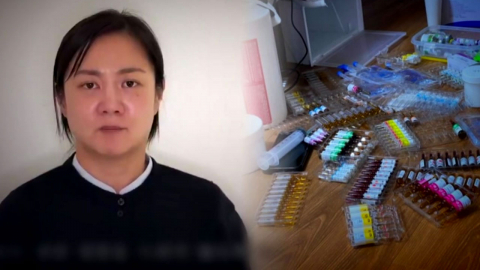 경찰 '주사이모' 출국금지….박나래 의혹 수사 본격화
경찰 '주사이모' 출국금지….박나래 의혹 수사 본격화 -
재생
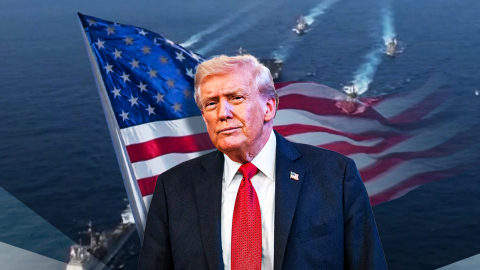 건국 250주년 새해 앞둔 미국…’트럼피즘’ 향방은?
건국 250주년 새해 앞둔 미국…’트럼피즘’ 향방은? -
재생
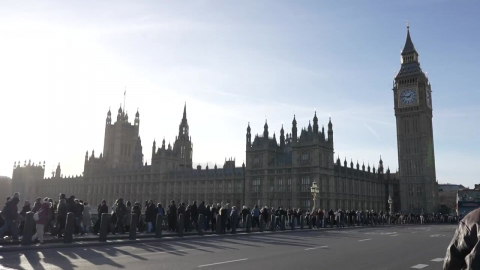 전쟁 속 새해 맞이하는 유럽…"화합 이루는 세상 찾아오길"
전쟁 속 새해 맞이하는 유럽…"화합 이루는 세상 찾아오길" -
재생
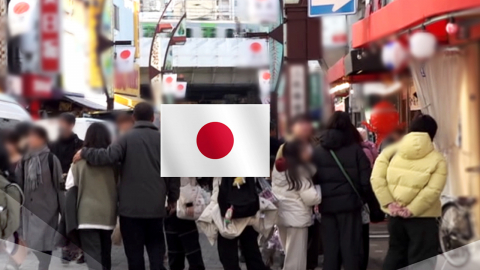 국내외 격변 속에 새해 맞이하는 일본…시민들 "좀더 나은 삶과 평화를"
국내외 격변 속에 새해 맞이하는 일본…시민들 "좀더 나은 삶과 평화를"
많이 본 뉴스
- 1 잠시 뒤 '제야의 종' 타종 행사...한파에도 인산인해
- 2 배우 안성기, 심정지 상태로 병원 이송...중환자실서 위중한 상태 [지금이뉴스]
- 3 일본 술집서 실컷 마시고 "노 머니"...난동 부린 한국인 남성 [지금이뉴스]
- 4 [단독] 서울청, 김병기·강선우 사건 직접 수사...강제수사 초읽기
- 5 잠시 뒤 ’제야의 종’ 타종 행사...한파에도 인산인해
- 6 "아침부터 줄 서서 샀다"...스벅 '곰돌이 컵' 인기에 리셀가도 폭등 [지금이뉴스]
- 7 "새해 첫 업무일 이 대통령 방중"...답방 빨랐던 이유는?
- 8 연인 살해 후 고속도로에 유기..."돈 문제로 다투다 범행"
- 9 경찰 '주사이모' 출국금지....박나래 의혹 수사 본격화
- 10 한동훈 "동명이인 글로 조작, 법적 조치"...내홍 폭발
